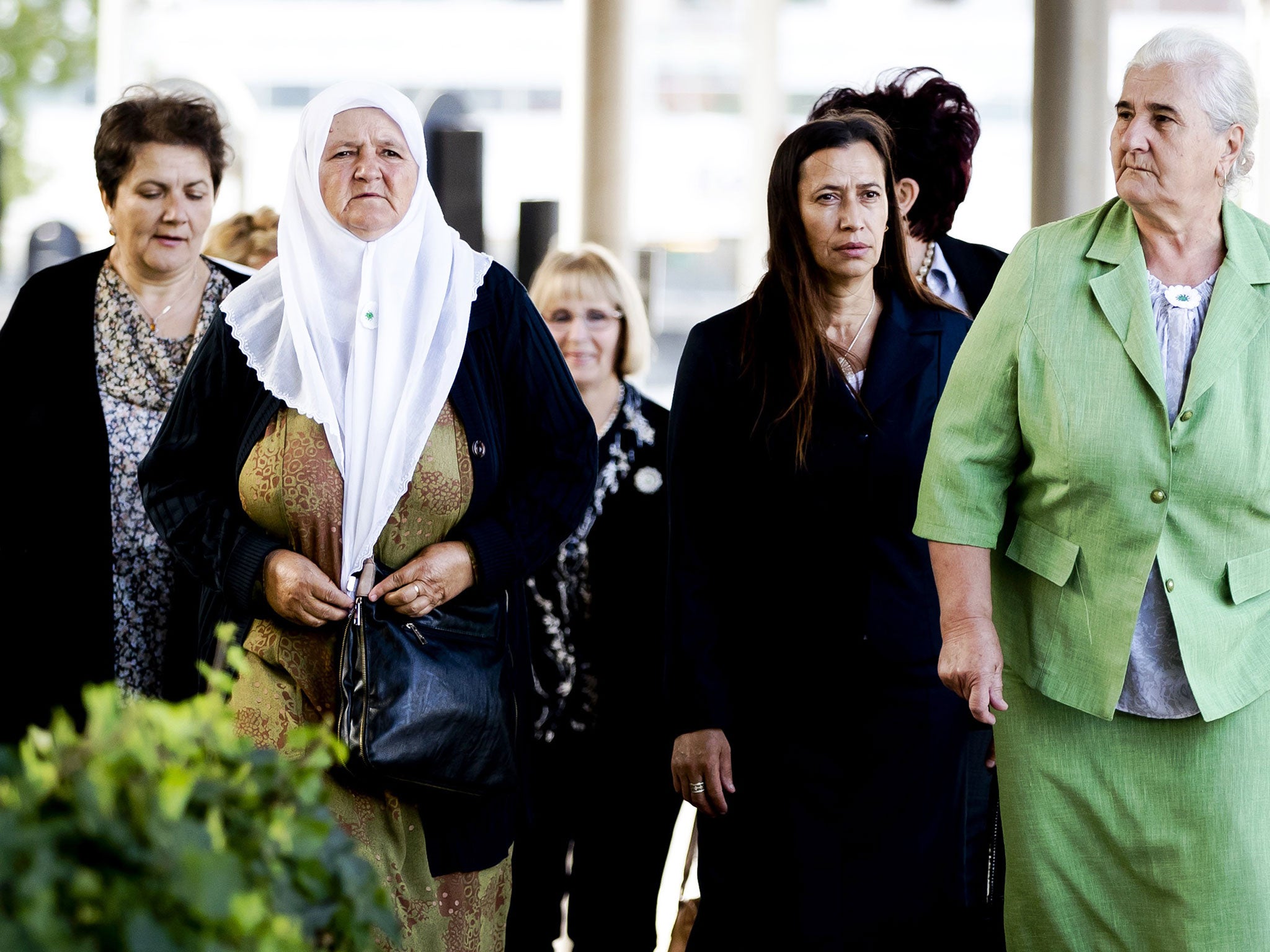CHRONOLOGY-What happened in the course of the struggle in Bosnia?
In 1688, the Habsburg military took Belgrade and entered the territory of current-day Central Serbia. Louis William, Margrave of Baden-Baden known as Serbian Patriarch Arsenije III Čarnojević to lift arms in opposition to the Turks; the Patriarch accepted and returned to the liberated Peć. As Serbia fell under Habsburg management, Leopold I granted Arsenije nobility and the title of duke.

Sarajevo then and now
Separatist nationalist parties attained power in other republics, including Croatia and Slovenia. During the following civil war that lasted from 1992 to 1995, an estimated 100,000 folks have been killed, eighty % of whom were Bosniaks. In July 1995, Bosnian Serb forces killed as many as eight,000 Bosniak men and boys from the town of Srebrenica. An illegally constructed Serbian Orthodox church remained on the land of a Bosniak returnee within the city of Konjevic Polje within the jap RS, despite the RS Ministry of Urban Planning’s 2004 decision that the church should be removed. On September eleven, 2006, for the second consecutive year, the local Orthodox priest celebrated Mass within the church, which was attended by a large number of attendees singing songs and carrying conventional clothes.
Bosnia
The history of the early medieval Serbian Principality is recorded in the 10th-century work De Administrando Imperio, which describes the Serbs as a individuals residing in Roman Dalmatia, subordinate to the Byzantine Empire. Numerous small Serbian states had been created, chiefly underneath Vlastimorović and Vojislavjević dynasties, positioned in fashionable https://yourmailorderbride.com/bosnian-women/ Bosnia and Herzegovina, Croatia, Montenegro, and Serbia, but the inhabitants’s Serbian ethnic identification remains a matter of dispute. With the decline of the Serbian state of Duklja within the late 11th century, “Raška” separated from it and replaced it as probably the most powerful Serbian state.
The Ottomans imported their feudal system to Bosnia shortly after the take-over, and estates have been granted to men called sipahis, in return for army service in times of war. At the start of the Ottoman period, these estates have been usually, however not solely, granted to Muslims, and later only to Muslims. In Bosnia, these land grants gradually grew to become hereditary, and by the end of the Ottoman period, a majority of the landowners in Bosnia were Muslims, and most Christians had been peasants or serfs Serbs. One practice was through pressured conversion, a course of generally known as devshirme.
Early history
On 6 December 2004, Serbian president Boris Tadić made an apology in Bosnia and Herzegovina to all those that suffered crimes committed in the name of the Serb individuals. Although comparatively rare, there were additionally circumstances of professional-Bosniak forces having ‘pressured other ethnic teams to flee’ in the course of the war. Civilian deaths had been established as 38,239, which represented 37.9 p.c of total deaths.
Also in August unknown perpetrators broken a number of tombstones and broke a lot of vases on the Orthodox cemetery in Ljubinici and broke home windows and broken the doorway door of the Orthodox church in Gracanica. There had been a number of acts of violence and vandalism in opposition to Muslim spiritual targets throughout the nation. In October 2006 a rocket-propelled grenade destroyed a big portion of the Jasenica Mosque close to Mostar; this was essentially the most severe assault for the reason that end of the warfare.

Bosniak and Croat members of the House of Peoples are elected in theParliament of the Federation of Bosnia and Herzegovina, while five Serb members are elected in theNational Assembly of Republika Srpska. The 42 members of the House of Representatives are elected immediately by voters, two-thirds are from the Federation while one-third is from the Republika Srpska.
In the territory of Bosnia and Herzegovina, the share of Serbs barely changed, although, their whole quantity decreased. SAO Bosnian Frontier made makes an attempt to unite with the Autonomous Region of the Serbian Frontier in Croatia. The Serb political management martialled its own drive assisted by the Yugoslav People’s Army and declared independence from Bosnia and Herzegovina in late 1992.
Finally, in 1968, “Muslims” with a capital M was adopted because the term for a member of a nation quite than “Muslims” as adherents to Islam. Bosnia and Herzegovina has produced many athletes, both as a state in Yugoslavia and independently after 1992. The most essential worldwide sporting occasion in the history of Bosnia and Herzegovina was the 14th Winter Olympics, held in Sarajevo from 7 to 19 February 1984. The Borac handball club has gained seven Yugoslav Handball Championships, as well as the European Championship Cup in 1976 and the International Handball Federation Cup in 1991. Bosnian roots music came from Middle Bosnia, Posavina, the Drina valley and Kalesija.
STRUGGLE FOR CONTROL IN BOSNIA
After World War I, Bosnia and Herzegovina turned a part of the internationally unrecognizedState of Slovenes, Croats and Serbswhich existed between October and December 1918. In December 1918, this state united with the Kingdom of Serbia (in its 1918 borders), asKingdom of Serbs, Croats and Slovenes,which was renamed the Kingdom of Yugoslavia in 1929. Bosnian Serbs constituted round half of the total Bosnian population, however they constituted an enormous territorial majority and have unilaterally proclaimed union with Serbia, for the second time in modern historical past, now in 1918. In total, forty two out of 54 municipalities in Bosnia & Herzegovina proclaimed union(annexation to) Serbia, with out the approval of „People’s Yugoslav“ government in Sarajevo, without even consulting them, in 1918. The regime of the Kingdom of Yugoslavia was characterized by restricted parliamentarism, and ethnic tensions, primarily between Croats and Serbs.